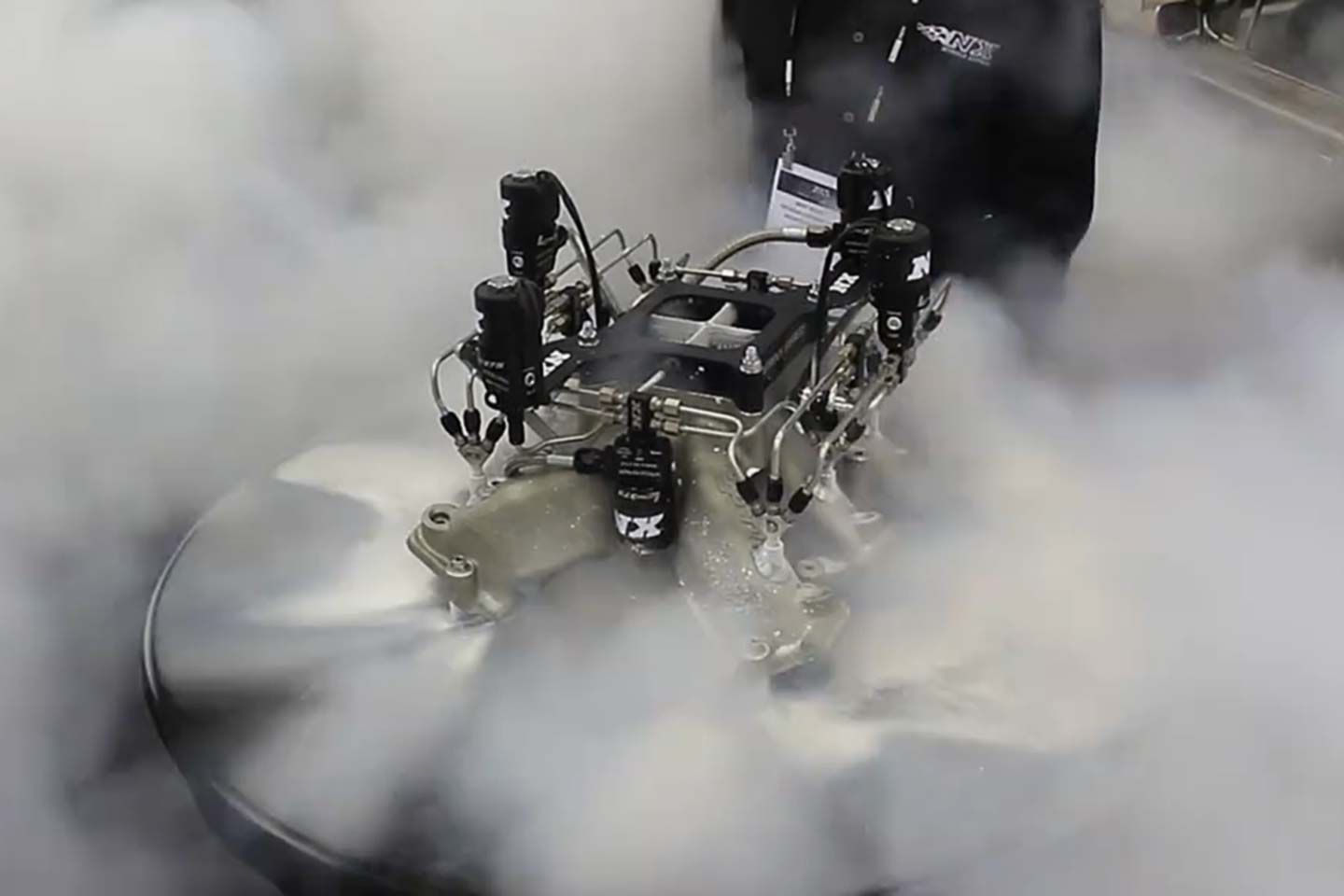Nitrous oxide, also known as N20 gas, is a colorless and almost odorless gas that has been used for various purposes for over a century. Often labeled as "laughing gas" because of its ability to produce euphoria and laughter, nitrous oxide is actually a very versatile gas that has many medical and non-medical applications.

In the medical field, nitrous oxide is primarily used as an anesthetic gas. When inhaled, it can produce a state of consciousness that reduces pain and anxiety. Nitrous oxide is commonly used in dental offices as a mild sedative for patients who are anxious or nervous about their dental procedures. It is also used during labor and delivery to lessen the pain of childbirth. Nitrous oxide is considered to be a safe and effective anesthetic, with few side effects.
Apart from its medical uses, nitrous oxide is also used in many non-medical applications. One of the most common uses of nitrous oxide is as a performance enhancer in race cars and other vehicles. When injected into the engine, nitrous oxide can increase the engine's power output by up to 50%. This is achieved by increasing the oxygen supply to the engine, allowing it to burn more fuel and produce more energy.
However, it is important to note that the use of nitrous oxide in this way can be dangerous and illegal in some areas. The gas can cause a sudden increase in engine power, which can lead to loss of control of the vehicle. Additionally, inhaling nitrous oxide can cause serious health problems, including brain damage, if not used properly.
Another non-medical use of nitrous oxide is in the food industry. Nitrous oxide is used as a propellant in whipped cream dispensers to create a light, fluffy texture. It is also used in the production of packaged foods to preserve their texture and freshness.
Despite its many uses, nitrous oxide is not without its risks. Inhaling nitrous oxide can be dangerous, particularly if done in large quantities or for prolonged periods of time. Symptoms of nitrous oxide inhalation can include dizziness, nausea, and headaches. Long-term exposure to nitrous oxide can also cause vitamin B12 deficiency and nerve damage.
In conclusion, nitrous oxide is a versatile gas with many practical applications. While its use in the medical field is generally safe, its use in non-medical settings can be dangerous and illegal. It is important to use nitrous oxide responsibly and under the guidance of a trained professional.
Overall, nitrous oxide has been an important gas on the medical scene, and it continues to be valued in many other industries. Despite its image as a ‘laughing gas’, nitrous oxide is a serious substance that requires careful handling and respect for its power. The keyword Medical N20 Gas may be small, but the importance of this gas cannot be underestimated.